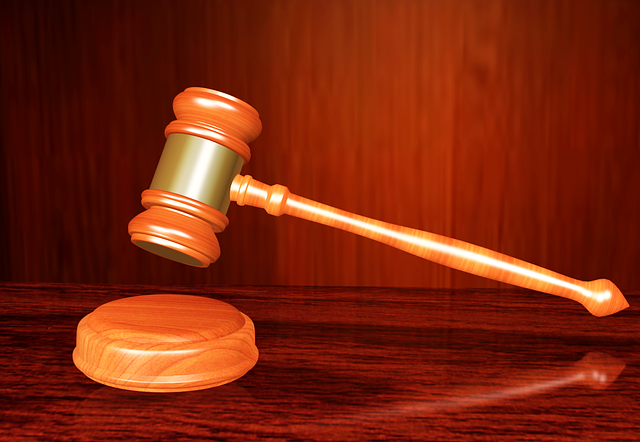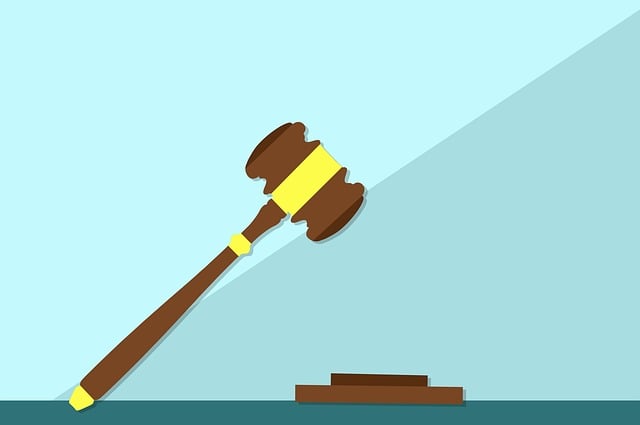Regulatory fraud laws protect businesses and consumers from deceptive practices, with non-compliance leading to severe legal repercussions, including fines, operational disruptions, and reputational harm. The cost to defend against a libel claim is significant, adding to the financial burden of regulatory fraud accusations. To mitigate risks, businesses should stay informed, implement robust internal controls, utilize advanced data analytics, encourage anonymous reporting, and share information with regulators. Case studies on regulatory violations provide valuable insights into compliance and defense strategies, emphasizing the importance of proactive measures to avoid costly legal battles, including defending against libel claims.
In an era where compliance is key, understanding regulatory fraud laws is paramount for businesses aiming to avoid costly missteps. This comprehensive guide delves into the intricate world of these laws, highlighting their impact on both businesses and consumers. We explore the rising defense costs against libel claims stemming from fraudulent practices, providing strategic insights for prevention and detection. Through real-world case studies, we elucidate lessons learned, offering a roadmap to navigate this complex landscape effectively.
- Understanding Regulatory Fraud Laws: A Comprehensive Overview
- The Impact of Fraud on Businesses and Consumers Alike
- Navigating the Cost to Defend Against Libel Claims
- Strategies for Preventing and Detecting Regulatory Fraud
- Case Studies: Real-World Examples and Lessons Learned
Understanding Regulatory Fraud Laws: A Comprehensive Overview

Regulatory fraud laws are designed to protect businesses and consumers from deceptive practices, ensuring fair competition and transparent operations. These laws cover a wide range of activities, from misleading advertising to intricate financial schemes. Understanding these regulations is paramount for businesses, as non-compliance can lead to severe legal consequences and substantial financial burdens. The cost to defend against a libel claim pales in comparison to the potential penalties for regulatory fraud, which can include hefty fines, business disruptions, and reputational damage.
In navigating the complex landscape of white collar and economic crimes, businesses must be vigilant and proactive. High-stakes cases often involve intricate financial structures and require meticulous documentation and record-keeping. The respective business’s ability to demonstrate ethical conduct and regulatory adherence can significantly impact its outcome in legal battles. As these laws continue to evolve, staying informed and implementing robust internal controls are essential strategies for mitigating risks associated with potential regulatory fraud accusations.
The Impact of Fraud on Businesses and Consumers Alike

Regulatory fraud has far-reaching implications for both businesses and consumers. When a company engages in fraudulent activities, it doesn’t just breach legal boundaries; it undermines trust and erodes public confidence. For businesses, the consequences can be devastating. Not only does it lead to severe financial losses, but it also damages their reputation, making it challenging to attract investors, partners, or customers. The cost to defend against libel claims stemming from fraudulent practices can be astronomical, especially in today’s digital era where information spreads rapidly.
Consumers are not immune to these impacts. They may face unfair pricing, subpar products or services, and even safety risks. Regulatory fraud can result in consumer distrust, leading them to become more cautious and critical of business practices. Moreover, companies found guilty of fraud often face stringent penalties, including fines, legal fees, and potential indictment, which can disrupt operations across all stages of the investigative and enforcement process.
Navigating the Cost to Defend Against Libel Claims

Navigating the Cost to Defend Against Libel Claims is a complex and significant challenge for businesses and individuals alike. The financial burden associated with defending against libel claims can vary widely depending on several factors, including the severity of the alleged defamation, the jurisdiction, and the complexity of the case. In all stages of the investigative and enforcement process, legal fees can mount quickly, demanding substantial resources from even the most robust corporate or personal finances.
Across the country, cases involving libel often drag on for years, with numerous court appearances, extensive document discovery, and expert witness testimony. This prolongued legal battle significantly escalates the cost to defend against libel claims. More concerning, the financial impact extends beyond legal fees, potentially jeopardizing a company’s or individual’s future stability through legal settlements and damage to reputation. Ultimately, the complete dismissal of all charges can offer some respite from these costs, but the process remains an expensive and time-consuming endeavor.
Strategies for Preventing and Detecting Regulatory Fraud

Preventing regulatory fraud requires a multifaceted approach. One key strategy is to implement robust internal controls and compliance programs. This includes regular training for employees on regulatory requirements, establishing clear guidelines, and fostering a culture of ethical conduct and accountability. Regular audits and monitoring can also help identify potential risks and vulnerabilities before they are exploited. Advanced data analytics tools can further enhance these efforts by flagging unusual patterns or anomalies in financial transactions and reporting.
Detecting regulatory fraud necessitates vigilance and proactive measures. Companies should encourage employees to report suspicious activities through anonymous hotlines or whistleblower programs. Efficient information sharing between departments, as well as collaboration with external regulators, can significantly aid in uncovering fraudulent schemes. Additionally, leveraging technology for continuous data monitoring and comparing performance metrics against industry benchmarks can yield valuable insights. By adopting these strategies, organizations not only mitigate the risk of regulatory fraud but also demonstrate their commitment to maintaining integrity, which can achieve extraordinary results and avoid indictment in the event of an investigation.
Case Studies: Real-World Examples and Lessons Learned

In the realm of regulatory fraud laws, case studies serve as powerful tools to illuminate real-world scenarios and the lessons learned from them. These examples provide a tangible understanding of how various industries, from pharmaceuticals to financial services, have navigated complex legal terrains. By examining past instances of regulatory violations and subsequent legal battles, practitioners can gain valuable insights into effective strategies for compliance and defense. For instance, a case study might highlight the cost to defend against a libel claim stemming from inaccurate accusations of fraud, emphasizing the importance of robust internal controls and transparent communication.
Moreover, these studies offer a glimpse into the unique challenges faced by corporate and individual clients alike. Unprecedented track records in regulatory fraud cases have reshaped legal strategies, with general criminal defense becoming a cornerstone for mitigating risks. Through meticulous analysis of such scenarios, businesses can fortify their defenses, ensuring compliance that goes beyond mere adherence to laws and regulations. This proactive approach not only minimizes financial burdens associated with defending against libel claims but also safeguards the reputation and integrity of organizations in today’s scrutinizing public eye.
Regulatory fraud laws are essential tools in protecting businesses and consumers from deceptive practices. By understanding these laws, companies can implement effective strategies for prevention and detection. The article has explored various aspects, including the impact of fraud, defense costs against libel claims, real-world case studies, and practical tips. Navigating these challenges requires a proactive approach, combining legal compliance with robust internal controls and ethical conduct. In today’s business landscape, staying vigilant against regulatory fraud is not just an obligation but a key strategy for long-term success.






